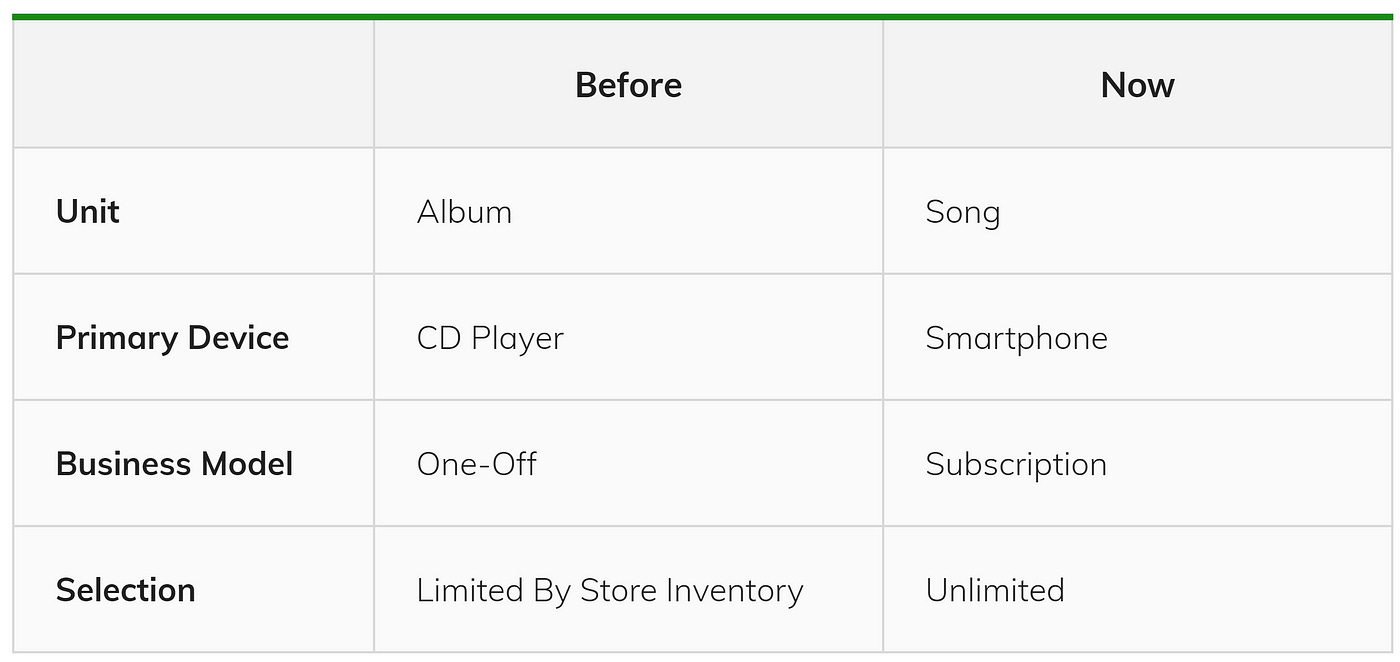As The World Is Shaken Up, A 60-Year “Mega-Trend” Quietly Emerges
Author’s Note: This article was written over 60 hours with love and care using the blockbuster mental model. It was originally published on February 19, 2021.
We know we’re living in the next generation’s history book. We just don’t know the name of the chapter… yet.
It’s hard to see past the fog of the moment amidst all of the conflicting daily updates.
Right now, it feels like our world is falling apart. But when future commentators look back, they’ll see the world that emerged more than the one that was lost. The ups and downs that obsess us now will be smoothed out by time.
As someone who teaches mental models, I study trends, cycles, and the lessons of history for a living. I’ve deliberately tried to rise above the noise and think from a larger historical perspective. To do so, I’ve studied several books that discuss past economic collapses, technological cycles, and pandemics. I also helped co-create the largest list of second-order effects of the coronavirus.
The reason I spent hundreds of hours reflecting is to get above the noise and uncertainty in order to make important decisions that will impact me and my community for years to come and to help you do the same. We’re at a turning point collectively and individually. I believe that the people who shape the future will be the ones who most deeply understand the present.
By the end of this article, you’ll have the equivalent of night vision goggles in the darkness and fog of this moment and into the future.
With that said, I believe when future generations look back on this moment, they will call it…
The Great Digitization
The actual coronavirus is a catalyst rather than the main event. Instead of primarily creating a new reality, the pandemic accelerates the more significant trends toward digitization. We see this trend in more people working from home, more people learning online, the growth of e-commerce and deliveries, and increased job loss due to automation.
We’re seeing industries, processes, and companies that have held back digitization suddenly become digitized because the law, employees, and/or customers are demanding it.
Digitization is the process whereby we turn physical things into digital bits. Digitization is almost always underestimated because the first step is so innocuous…
Turning a physical product into a digital product (a physical book into an ebook, a CD into an MP3)
Turning a physical process into a digital process (working from the office vs working from home, paying in person vs. paying online)
Not much changes at first. Companies keep the same processes, org chart, and workflow except employees work remotely, for example.
However, don’t be fooled. Because, ultimately, digitization always leads to complete and utter transformation of everything it touches. Governments. Industries. Business models. Careers. Our day-to-day lives.
For example, let’s just take music. 25 years ago, most people bought music as CD albums in retail stores and listened to it on CD players. Today, most people access music digitally on an unlimited basis via subscription and listen via their smartphone.
Not only that, but now we’re even seeing song choruses broken down into clips and used as soundtracks for hundreds of millions of videos created by TikTok users.
So now we understand that digitization reinvents whatever it touches, a new question arises…
How Will Digitization Reinvent Knowledge Work?
Imagine a world where one person could create an article that is read by billions of people in days or design an app that is worth a billion in weeks. Or someone who could become a fashion mogul overnight by uploading their designs for people to 3D print.
This is where high-level knowledge work is going, and we can already see the harbingers of this shift. One song has 7 billion views just on YouTube. One podcaster was able to license his catalog for $100 million. One app with just 13 employees was sold for a billion dollars.
For many people, the idea of digitization is familiar and perhaps obvious. However, few have actually taken the time to understand its second-order and third-order effects. What many call digitization is just inning one of a nine-inning ball game. To succeed in the future, it’s important to better understand what innings 2–9 look like. And, even more importantly, to understand how to thrive in those innings and know where the “opportunity windows” are. That’s what this article is about.
Although we may not know the specifics of who, what, when, and where, we can know digitization’s direction. And by knowing the direction, we can skate to where the puck is going, putting ourselves in a position to “score.”
Fortunately, digitization is a process that has been happening in some industries for decades, so we can look back and notice patterns rather than guess.
What we can now say for sure is that what’s required to succeed in the digital world isn’t the same as the physical world. The world of digitization has new laws of physics, which require a completely different way of acting and thinking.
Stanford researcher, W Brian Arthur, one of the world’s leading experts on the implications of digitization, captures the situation in a classic Harvard Business Review article…
These two worlds operate under different economic principles. [The physical world] is characterized by planning, control, and hierarchy. It is a world of materials, of processing, of optimization. The increasing-returns world [digital world] is characterized by observation, positioning, flattened organizations, missions, teams, and cunning. It is a world of psychology, of cognition, of adaptation…
The two worlds (increasing returns vs. diminishing returns) have different economics. They differ in behavior, style, and culture. They call for different management techniques, strategies, and codes of government regulation. …
Success goes to those who have the vision to foresee, to imagine, what shapes these next games will take.
While there are many implications, I chose to simplify them down to the three largest ones that you need to know…
Creators will be the new wealthy. The “execution” needed to turn an idea into reality drastically diminishes. In addition, many middlemen are removed. Therefore, the relative value of creativity and skills increases.
The value of being great will skyrocket. Digitization creates global winner-take-most markets. As a result, the blockbuster effect becomes even stronger. Simultaneously, being good enough is no longer good enough.
Knowledge will be the new money. Digitization leads to dematerialization and demonetization of physical matter and to the increased value and fungibility of knowledge.
For the rest of the article, I will unpack each of these…




